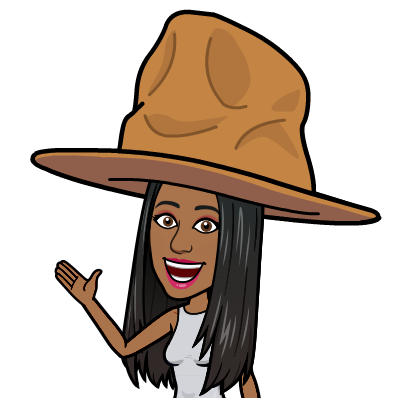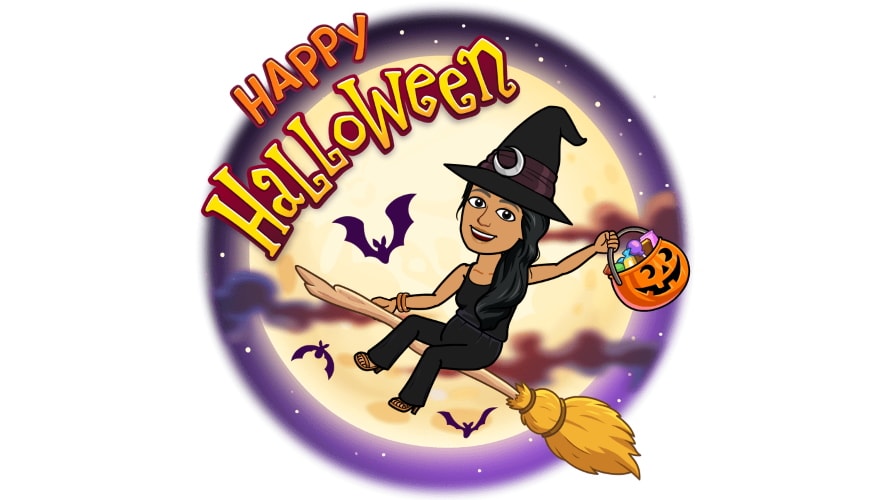
Snapchat changes the Stories feed to an algorithmic feed Snapchat rebrands to 'Snap Inc.', parent company to Snapchat and Spectacles Snapchat introduces 'Memories' and 'Bitmojis' Snapchat hits 150 million daily active users Google offers to acquire Snapchat for a reported 30 billion dollars in May of 2016. Snapstreaks came out on March 29, 2016, in Snapchat's ' Chat 2.0' app update. Snapchat introduces 'Discover' and 'Lenses' (also known as filters) in January 2015. Snapchat first introduced Geofilters to the public in August 2014.Ĥ0% of adults in the United States were using Snapchat on a daily basis. Snapchat launches their app in the Android StoreĪround two years after Snapchat launched, Mark Zuckerberg attempted to buy Snapchat for 3 billion dollars in November of 2013. but his offer was refused. However, Snapchat was originally named “Picaboo” until the founders were sent a cease-and-desist from another company who had already trademarked the Picaboo name. Snapchat is released in the App Store in the living room of Evan Spiegel's father's home in July 2011.

Usually commercial software or games are produced for sale or to serve a commercial purpose.History Of Snapchat: Snapchat Timeline From 2011 to 2022 Even though, most trial software products are only time-limited some also have feature limitations. After that trial period (usually 15 to 90 days) the user can decide whether to buy the software or not. Trial software allows the user to evaluate the software for a limited amount of time. Demos are usually not time-limited (like Trial software) but the functionality is limited. In some cases, all the functionality is disabled until the license is purchased. Demoĭemo programs have a limited functionality for free, but charge for an advanced set of features or for the removal of advertisements from the program's interfaces. In some cases, ads may be show to the users. Basically, a product is offered Free to Play (Freemium) and the user can decide if he wants to pay the money (Premium) for additional features, services, virtual or physical goods that expand the functionality of the game.

This license is commonly used for video games and it allows users to download and play the game for free.

There are many different open source licenses but they all must comply with the Open Source Definition - in brief: the software can be freely used, modified and shared. Programs released under this license can be used at no cost for both personal and commercial purposes. Open Source software is software with source code that anyone can inspect, modify or enhance.

Freeware products can be used free of charge for both personal and professional (commercial use). Freeware programs can be downloaded used free of charge and without any time limitations.


 0 kommentar(er)
0 kommentar(er)
